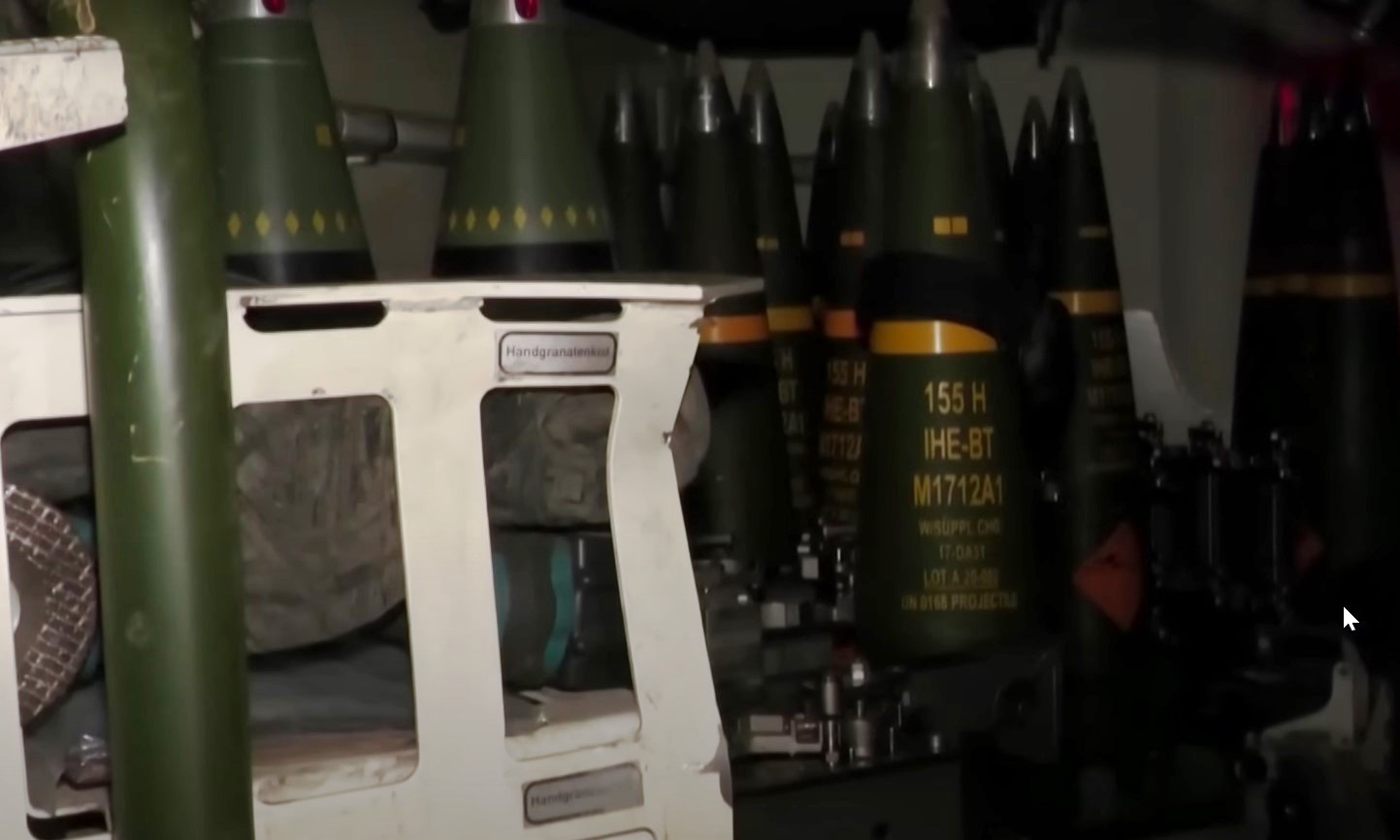European companies lack components to manufacture ammunition – FT
19 March, 2023 155-mm projectiles by the MSM GROUP. Photo credits: MSM GROUP Europe cannot produce ammunition in large quantities due to the shortage of explosives.
The Financial Times reported this. They note that this could delay efforts to manufacture ammunition for Ukraine by as much as three years. Scarce supplies of gunpowder, plastic explosives, and TNT have left the industry unable to rapidly meet expected orders.
At the same time, Europe is trying to meet the needs of Ukraine, particularly by expanding the production of 155-mm artillery ammunition.
 155mm ammunition
155mm ammunition
A lot of money is being pumped into the defense sector at the moment. However, manufacturers, industry executives, and EU officials warn that increased demand could only push up prices. "It's very difficult to increase production of artillery ammunition, especially the heavy, large-caliber ammunition, in a short time.
A new artillery factory is very easy, but how to produce more artillery projectiles without raw materials?" said Jiri Hynek, Chair of the Defence and Security Industry Association of the Czech Republic. Defense industry officials claim that Europe has a limited supply of explosives such as gunpowder, TNT, and nitrocellulose. They note that it is impossible to resume the production of components in a short time.
Explosia, a Czech state-owned manufacturer that is one of Europe's largest suppliers of explosives to ammunition factories, said that its production of propellants is running at full capacity and would not be increased until 2026. "Investments are underway to further increase our production capacity, but this is a three-year project, not a few months' job," said Martin Vencl, the company's spokesperson.
 Shot with the Krab self-propelled howitzer. Photo credits: Joint Forces Group
Shot with the Krab self-propelled howitzer. Photo credits: Joint Forces Group
This week, Romania's government announced that it was in talks with US and South Korean companies to build a gunpowder factory in the country.
Its last plant of this kind was shut down in 2004. Even EU officials who have championed the financial incentive packages privately admit that European artillery producers have made clear to them that scaling up output will not be an easy task. Fabrica Municiones de Granada (FMG), one of Spain's two 155mm artillery producers, has been operating at full capacity since last October.
Antonio Caro, FMG's Director-General, said it had taken four-to-five months to scale up because of the difficulty of obtaining basic materials and components. "Our main problem is primary materials. Supplies for ammunition are very strained around the world because all the factories, like us, are at 100 percent.
There aren't too many factories [producing materials like TNT and nitrocellulose] in Europe, and they're at 100 percent too, so we have to start exploring them in India, Korea, and other countries further away," Caro said.
 155-mm M1712A1 shells of the PzH 2000 self-propelled howitzer of the Ukrainian military in the area of Soledar. January 2023, Ukraine. Photo credits: Reuters
155-mm M1712A1 shells of the PzH 2000 self-propelled howitzer of the Ukrainian military in the area of Soledar. January 2023, Ukraine. Photo credits: Reuters
The increase in cost and the surge in demand had led to higher prices for munitions, although the rise has been less pronounced.
A typical shell today costs EUR850, roughly 20 percent more than before the Russian invasion. For now, FMG, owned by the Slovak group MSM, has no plans to increase capacity further. MSM is also producing 155mm shells in Slovakia and says that it plans to build a new production hall to increase artillery output but declines to provide a timeline.
"??????????" ?????? ??????? ????????? ????????? ?????????
?????? ????? ?
30 ??? (????
1 ????) ???????? ??? ????????? ????:
- PayPal - [email protected]
- ?????????? 4149 6293 1808 2567
- monobank 4441 1144 4179 6255
- ETH 0xeEAEAd0d28ea8e0cdadB2692765365e7F54004a3
???? ? "??????????" ?? ???? ??????????
Twitter || Telegram || Facebook || Youtube